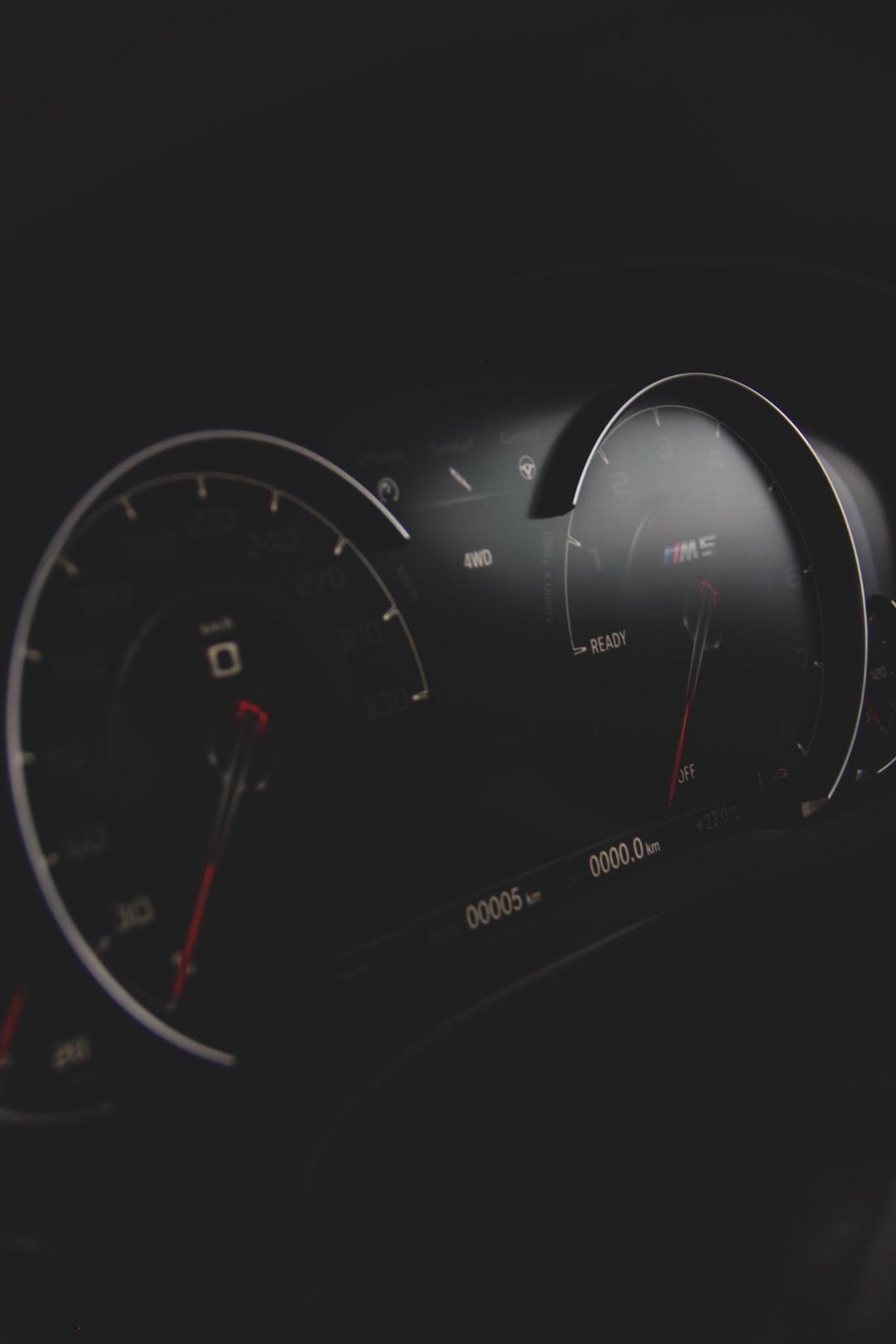Understanding Different Types of Car Insurance Coverage
Car insurance is an essential aspect of owning a vehicle. It protects you from financial losses in case of an accident, theft, or damage to your vehicle. However, understanding the various types of car insurance coverage can be confusing. In this blog post, we will discuss the different types of car insurance coverage available, so you can make an informed decision when purchasing a policy.
1. Liability Insurance
Liability insurance is the most basic type of car insurance coverage and is required in most states. It provides coverage for any injuries or damages to the other party involved in an accident that you are deemed responsible for. This coverage includes medical expenses, property damage, and legal fees. Liability insurance does not cover any damages to your own vehicle or injuries sustained by you or your passengers.
2. Collision Coverage
Collision coverage provides coverage for any damages sustained to your vehicle due to a collision with another vehicle or object. Regardless of who is at fault, collision coverage will pay for the repairs or replacement of your vehicle. This coverage is particularly beneficial for those with newer or valuable vehicles.
3. Comprehensive Coverage
Comprehensive coverage provides coverage for damages to your vehicle that are not caused by a collision. This includes theft, vandalism, natural disasters, falling objects, and animal collisions. Comprehensive coverage is often required if you have a car loan or lease, but it is also a valuable coverage option for those who want to protect their vehicle from non-collision-related damages.
4. Personal Injury Protection (PIP)
Personal Injury Protection coverage, also known as PIP, provides coverage for medical expenses and lost wages incurred as a result of a car accident, regardless of who is at fault. PIP coverage is only available in certain states and has a limit on the amount of coverage provided. It is particularly beneficial for those who do not have health insurance or have limited coverage.
5. Uninsured/Underinsured Motorist Coverage
Uninsured/Underinsured Motorist coverage provides coverage for injuries and damages incurred in an accident caused by another driver who either does not have insurance or does not have sufficient coverage. This coverage is crucial as it protects you from financial losses when the other driver is unable to pay for the damages.
6. Gap Insurance
Gap Insurance is an optional coverage that is particularly beneficial for those with a car loan or lease. It covers the difference between the actual cash value of your vehicle and the amount you owe on the loan or lease in case of a total loss. Gap insurance ensures that you are not left with a significant financial burden if your vehicle is totaled.
7. Towing and Rental Reimbursement Coverage
Towing and Rental Reimbursement coverage provides coverage for expenses incurred when your vehicle needs to be towed or when you need a rental car while your vehicle is being repaired due to an accident. This coverage is particularly useful if your vehicle is in the repair shop for an extended period.
Understanding the different types of car insurance coverage is crucial when purchasing a policy. Evaluating your needs and assessing the risks you face on the road will help you determine the most appropriate coverage for you. It is also essential to compare quotes from various insurance providers to ensure you are getting the best coverage at the most affordable rates. Remember, investing in comprehensive car insurance coverage is an investment in your financial security and peace of mind.

